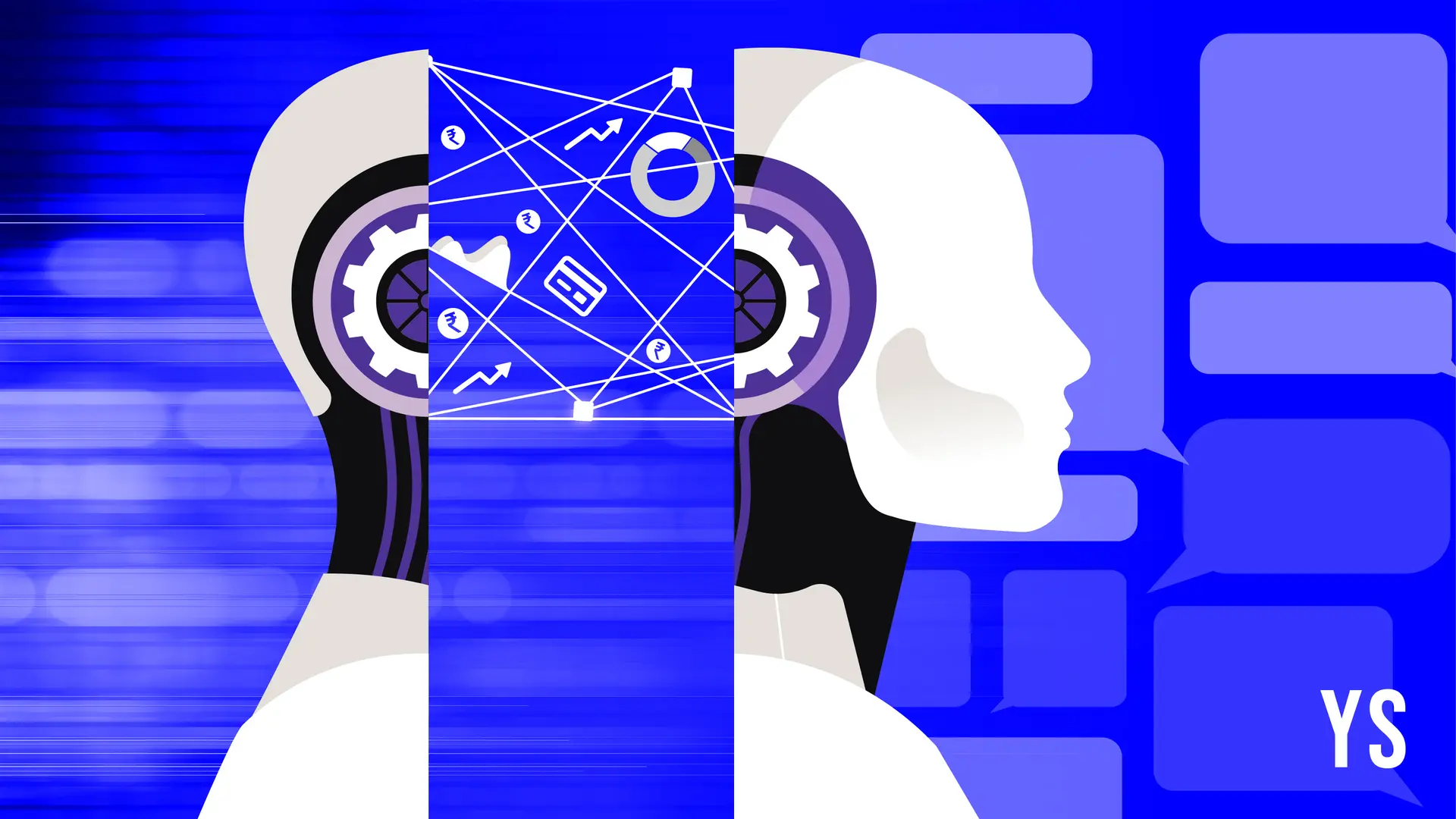How large language models are revolutionising content creation across industries
LLMs have transformed content creation, automating tasks that were once time-consuming. They can generate articles, marketing copies, and technical documents with speed and precision.
In the rapidly evolving landscape of artificial intelligence, large language models (LLMs) have emerged as a transformative force, reshaping content creation across various industries.
These advanced AI systems, including models, have demonstrated the capability to understand, generate, and interact with human language at an unprecedented scale and sophistication. Their impact extends far beyond mere text generation, influencing how businesses across media, education, conversational payments, defence, travel and tourism, and healthcare; NGOs; and public sector entities create and manage content.
Understanding LLMs
LLMs are advanced AI systems that use deep learning, particularly transformer architecture, to generate human-like text. Trained on vast datasets, they create coherent, contextually relevant content, significantly impacting content-heavy industries by boosting quality and efficiency.
According to Polaris Market Research, the global LLM market is estimated at $6.64 billion in 2024 and is projected to grow at a compound annual growth rate of 32.1% from 2024 to 2032.
LLM-powered chatbots handle customer inquiries accurately, voice bots offer real-time customer service, and videobots provide interactive video content, especially in healthcare, for virtual consultations. LLMs deliver real-time content responses with an average latency of under 2 seconds.
Impact on content creation
LLMs have transformed content creation, automating tasks that were once time-consuming. McKinsey reports that AI-driven tools, including LLMs, can boost productivity by up to 40% in some industries. LLMs can generate articles, marketing copies, and technical documents with speed and precision.
In media and entertainment, they draft scripts and create news content; in healthcare, they automate patient materials and generate reports; and in e-commerce, they personalise product descriptions and recommendations.
With over 85% accuracy in tailoring content to user preferences, LLMs are revolutionising the way content is created and delivered across sectors.
Application of LLMs across sectors
LLMs’ versatility enables their application across diverse sectors, adapting to unique requirements and challenges.
Education: Provide students with tailored tutoring, automated grading, and interactive learning tools that adapt to individual needs
News and media: Assist in content generation, translating news articles, summarising reports, and even creating engaging stories while ensuring factual accuracy and contextual relevance
Healthcare: Power chatbots and virtual assistants for patient inquiries, diagnostic support, and personalised health advice, improving patient care and operational efficiency
Defence: Enhance intelligence analysis, automate threat detection, and improve decision-making processes through advanced data synthesis and predictive analytics
NGOs: Streamline communication, aid in grant writing, and enhance data-driven decision-making for better resource allocation and impact assessment
Public sector: Improve citizen services through chatbots, automate administrative tasks, and support policy analysis by processing vast amounts of data
Ecommerce: Enhance customer interactions with personalised recommendations, inquiry handling, and predictive inventory management; facilitate end-to-end transactions via video and voice commerce, providing a natural buying experience digitally
Insurance: Streamline claims processing, customer support, and risk assessment, leading to faster resolutions and more accurate policy underwriting
Retail: Used for personalised shopping experiences, virtual assistants, and inventory management, improving customer satisfaction and operational efficiency
Conversational payments: Enable seamless payment processes through chatbots and voice assistants, allowing users to complete transactions through simple, conversational interfaces
Telecommunication: Assist in customer service, managing billing inquiries, troubleshooting technical issues, and enhancing user experience with personalised service offerings
Travel and tourism: Enhance customer service in travel by providing instant booking assistance, personalised travel recommendations, and seamless multilingual support
Financial services: Used to generate reports, analyse market trends, and even interact with customers through AI-powered chatbots
Boosting efficiency and scalability
The integration of LLMs into AI has significantly boosted efficiency and scalability. By automating complex language tasks, these models reduce the need for extensive human intervention, allowing businesses to scale their operations more effectively.
According to a study by Accenture, companies that adopt AI-driven content creation, including LLMs, can reduce operational costs by up to 25%. This efficiency is further enhanced by the ability of LLMs to handle large volumes of interactions simultaneously, ensuring consistent and high-quality customer experiences.
Future of content creation
The impact of LLMs on content creation across industries is profound and far-reaching. By automating routine tasks, personalising user experiences, and enabling new forms of creativity, LLMs are not just tools for efficiency, but they are also catalysts for innovation.
As these models continue to evolve, their potential to transform industries will only grow, making them indispensable assets in the digital age. Whether in media, healthcare, ecommerce, legal, or education, LLMs are setting new standards in content creation.
The future of content creation is here, and it’s powered by large language models.
Edited by Swetha Kannan
(Disclaimer: The views and opinions expressed in this article are those of the author and do not necessarily reflect the views of YourStory.)



